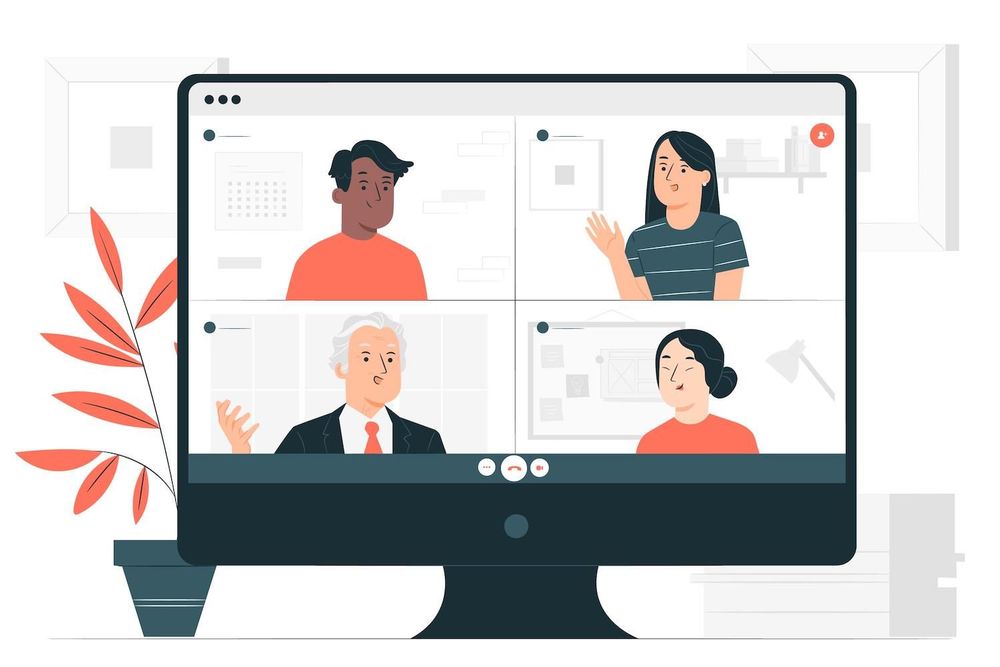Do you know the motive behind Epic concerns App Stores? Also, what else game creators really require? -
Mobile game and app creators roar to the heavens regardless of the duopoly tax which is 30%, which players must pay for nearly all gaming profits from mobile. Epic Games has emerged as the most popular gaming company that is working to make open source computing accessible to mobile users.
Privately, larger and smaller studios, in all sizes, what amenities they'd like to know about. Below is what they told us to take into consideration.
Background Information Slow Decrease of Open Computing, and the tax of 30% on applications
Computers are more readily available than at the moment. The past was when software and games relied on the computer's free software for PC as well as Mac platforms. This enabled developers to create games that they think is most appropriate. Additionally, they had an open relationship with players. They also chose the payment options that best suit the needs of players. They did not have gatekeepers. The computer was and playing. This is an entirely new world.
In the present, over half of the time spent on screens for computer happens on mobile phones, which has increased the amount of duration of time in the front of displays. Since the last couple of years, smartphones are gaining popularity. Additionally, nearly 100% of the operating system for smartphones is divided in Apple or Google. Because of the power of the mobile market and the strict limitations on distribution of games, as well as the internet-connected commerce and commerce, each country that is accessible to computers is at higher risk than it was. It is creating a significant expense for consumers, as well in the case of app developers and game makers.
There is evidence that both Google and the Apple app stores need the payment of 30% on the sale of games. The games are sold through their websites. Apple holds the exclusive authority over gaming distribution and the commerce of iOS devices. Google allows OEM market apps, along with sideloading games for mobile devices. But, it does not permit payments made by third party developers on games distributed through Google Play.
Google Play does offer a third-party integration of payments for certain game developers by way of"user the bill. " user billing is a payment option that Google Play offers" Pilot, but "user bill option" is an expensive monthly fee for marketplaces that range between 26% to 36%, even when you select the option of a processor that accepts the entire risk and obligations related to processing of payments.
What happens as a outcome the result Apple or Google's control over a significant portion of computing around the world is the ability to impose a default 30 percent tax on mobile applications and games. The tax is borne by users, however they're not viewed by games developed by game developers and hinders freedom of using computing as well as commerce on the internet. This is a concern that affects users' access to free computing. Large and small gamers believe there is something that needs to be done to change.
What's the job of games designers who aren't Epic?
The team from our company conducted a comprehensive search for long periods of time to speak with people from the gaming industry, both large and also smaller on what they'd like to include in the regulations for mobile apps. Though not all of them could agree on everything of the rules, they agreed on three top three things they'd prefer to see included in the regulations:
1. iOS to support sideloading games with no screen that show scare messages.
iOS doesn't allow time-based usage to "sideloading" applications and games which load after apps downloaded from the App Store is downloaded from the website of the creator or different marketplace. This feature permits gamers to purchase games, and players to market and distribute games in the way that the developers choose to go about it and which the user accepts these terms of service. Android lets you sideload applications and games however it comes with an arduous or more explicit warnings known as "scare screens" warning users using mobile phones about the risks of "downloading applications from on the web." The majority of game creators we spoke to believed that Apple is an ideal partner to allow sideloading. It's crucial to keep in mind that Apple together with Google shouldn't use an overly inflated self-serving screen making it impossible for customers to download applications that are not available in their stores. download apps.
2. Option to allow unlimited "steering" as well as to integrate the payment process via a third-party platform.
Both Google and Apple do not have any restrictions on the purchase and pricing options offered by third party payment processors and apps stores. Similar items can be sold at a reduced price for the consumer, but game developers are unable to direct their users to alternative options, offer links to different options for purchase or integrate transactions of other merchants in their games. While many developers have realized that there are advantages to transactions made via apps, their primary preferred method was to allow players and gamers the ability to make their own choices in order to eliminate any restrictions regarding the direction of their purchases or embedding transactions.
3. There is no cost related to steering costs, including embedded fees.
Making payments that are embedded or even steerable can be an issue, but as what we've observed with"user preferred billing" Google "user preferred billing" pilot, the capacity to perform something, as well as the need to make money by it are two separate elements. The pilot model that we tested of "user preference billing" offers a astonishing 26% cost for transactions that are made via the third party providers of payments. When you add in the fees these companies are required to charge. However, this costs just $0 to most game developers. Game designers we talked to thought that zero was a reasonable cutoff for transactions not on the app store however they were all in favour of some kind of payment to help apps increase the volume of people who download and play. The cutoff rate however was 26% per transaction made through a third party that is much higher than what game developers thought would be acceptable.
What's next?
Additionally, there are some subtle ways to make app stores work that developers are looking to implement. Three of them form the core of their belief that it would constitute a major enhancement in open computing on mobile devices.
About

David Nachman David is CEO of this renowned business, which provides full-service of solutions that are online for software firms. He oversees the development of the company as well as its long-running tradition of offering industry-leading online solutions to meet the growing requirement of software. For the last twenty years, David had held positions as functional vice presidents to the CEOs of firms with significant growth. This were Vision, Velocify, and HireRight.
This article was originally posted on this web site.
This post was first published on on this web site.
This article was originally posted this site
This post was first seen on here
